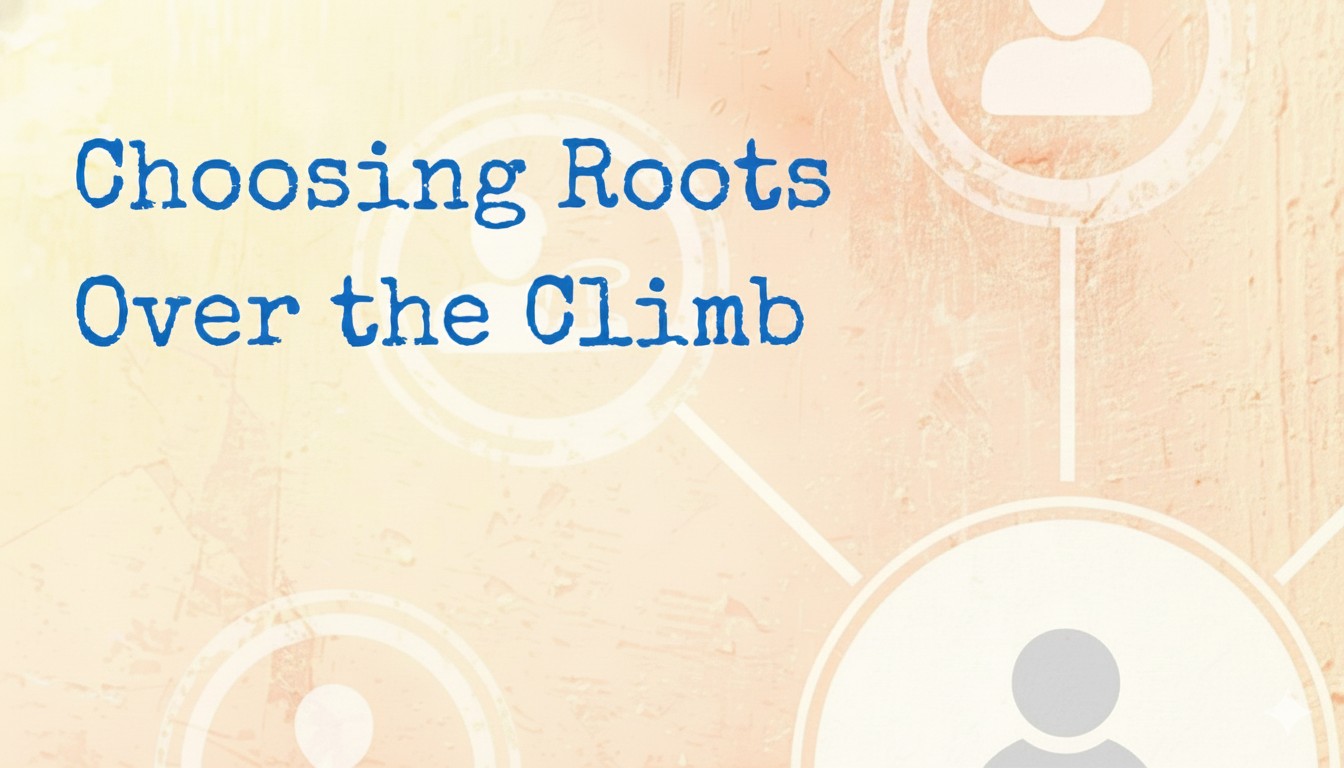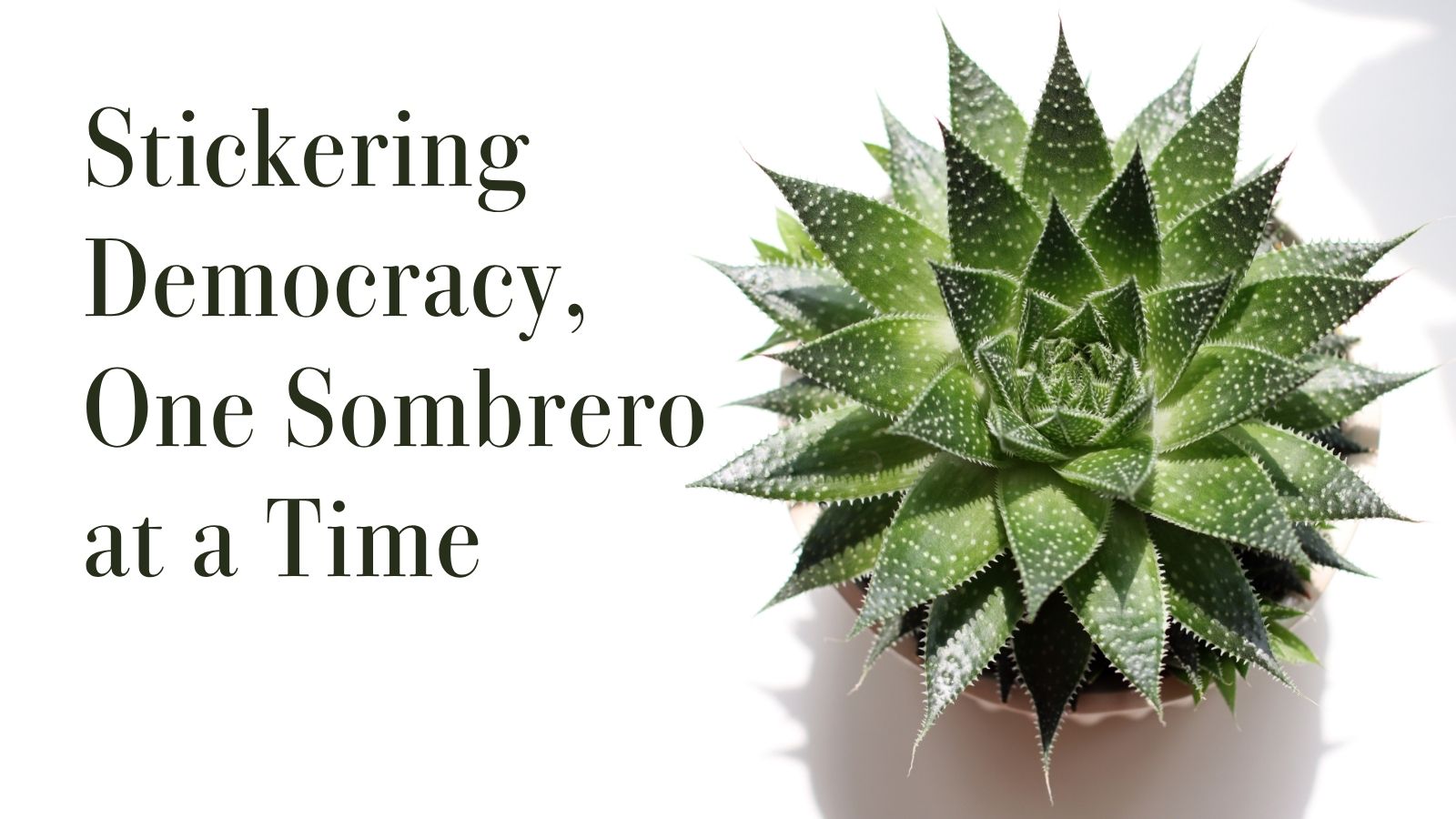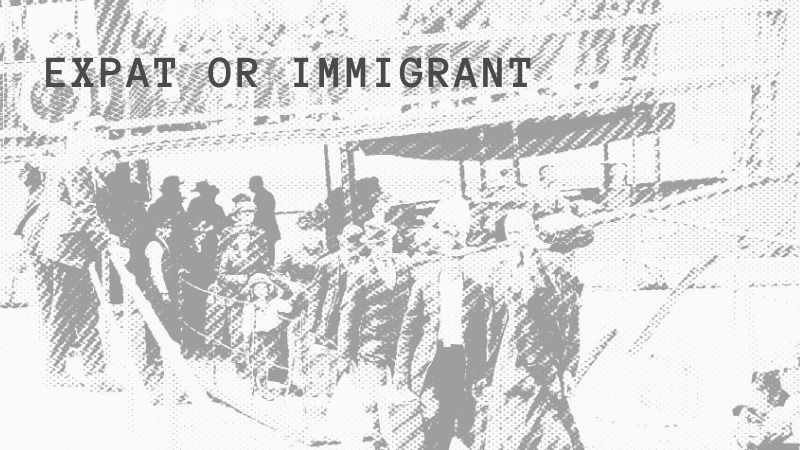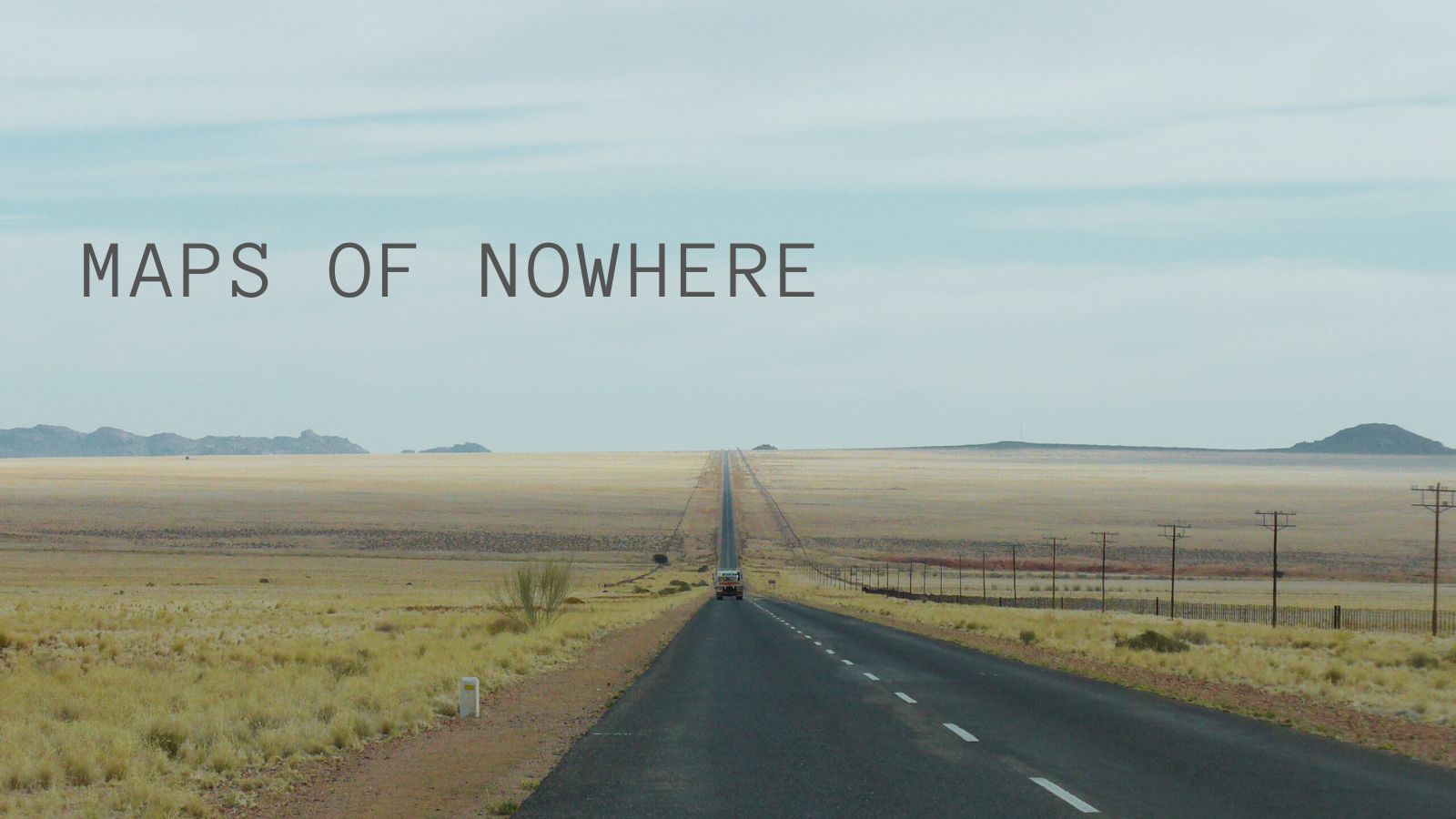LinkedIn nudged me today. “Connect with an Executive Director.” It arrived the way these things often do, a small suggestion wrapped in polite certainty, as if it knew something true about my life that I had somehow forgotten.
What struck me was not the recommendation itself, but the confidence behind it. The platform assumed this is the direction I should be moving in. This is the kind of person who should matter to me. My career path is incomplete without one more important title orbiting my profile.
It felt familiar. I have heard this quiet push in classrooms, offices, airport lounges, and hotel corridors. The soft encouragement to climb rather than root. To collect impressive contacts rather than meaningful relationships. To treat ambition as only the need to dominate.
I could almost hear the old script humming underneath. Success is vertical. Competence equals prestige. Leadership sits on the highest floors. It is a worldview that never took root in me. What stayed was the habit of pushing back, the slow practice of choosing another direction every time it appeared.
Still, the nudge unsettled me. Not because I believed it, but because part of me paused. A small reflex trained to see value in proximity to power. As if being connected to high-profile executives somehow enriches my life, as if their prominence spills competence into my days through a digital connection.
The algorithm may not feel malice, but it follows a logic that treats my attention as something to be extracted. It reflects a worldview that has been normalized for so long that I occasionally get caught up in it. Like it is a commonsense approach. Upward is better. Bigger is wiser. Titles are proof.
My life has taught me something else. The people who shaped me rarely had impressive job titles. The moments that changed my thinking never came from prestige. The growth I value has less to do with climbing and everything to do with curiosity and caring.
So I ignored the suggestion. Not out of rebellion. Well, maybe a bit, but my ambitions cannot belong to platforms or hierarchies. They come from the places I have lived, the choices I have made, and the people who keep me grounded. None of that looks like a LinkedIn profile.
Maybe that is the real story behind my reaction to the nudge. Not the algorithm’s intention, but the reminder it accidentally gives. The recognition that what constitutes success for the algorithm does not fit my understanding of what success should be.
AI Transparency Statement for “The LinkedIn Nudge — Choosing Roots Over the Climb”: The author defined all core concepts, direction, and parameters for this work. In the writing of this article “The LinkedIn Nudge — Choosing Roots Over the Climb,” AI assisted in drafting text, and editing and refinement. The AI tools used include ChatGPT and Claude. All AI-generated content was thoroughly reviewed and verified for accuracy and appropriateness. The final work reflects primarily human judgment and expertise.




